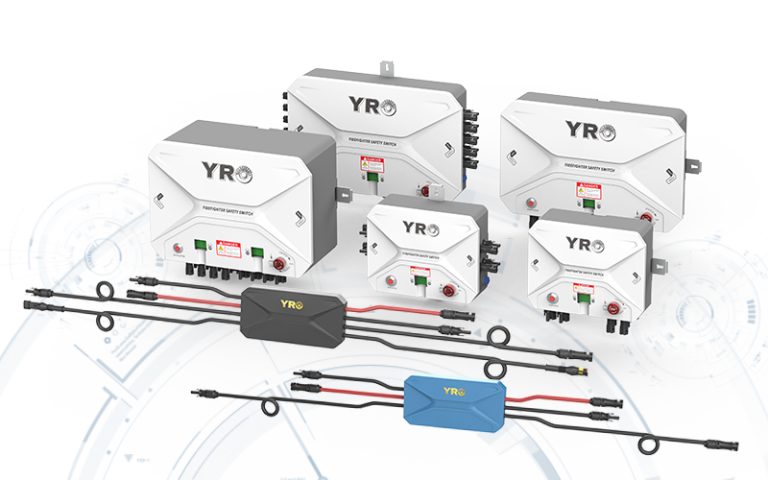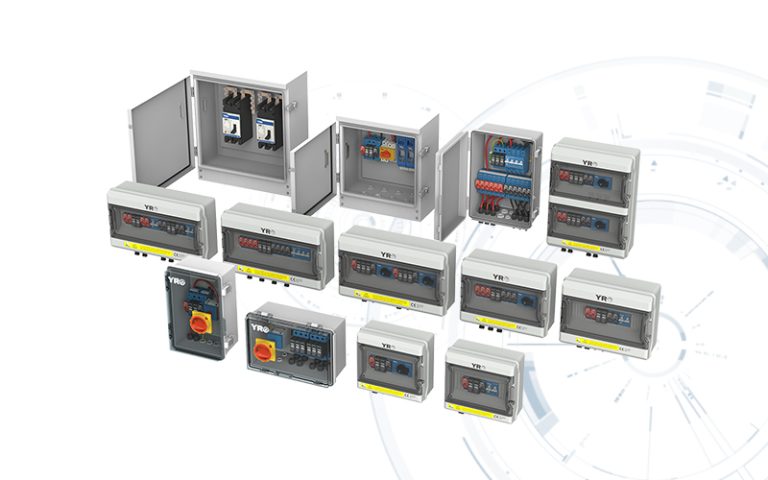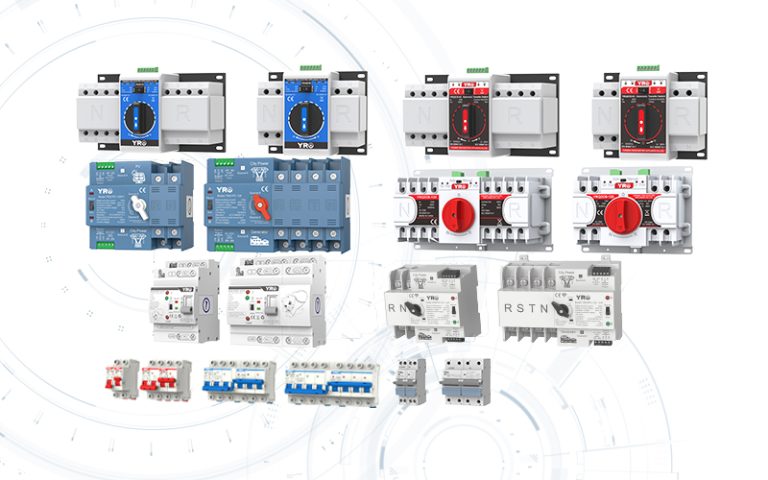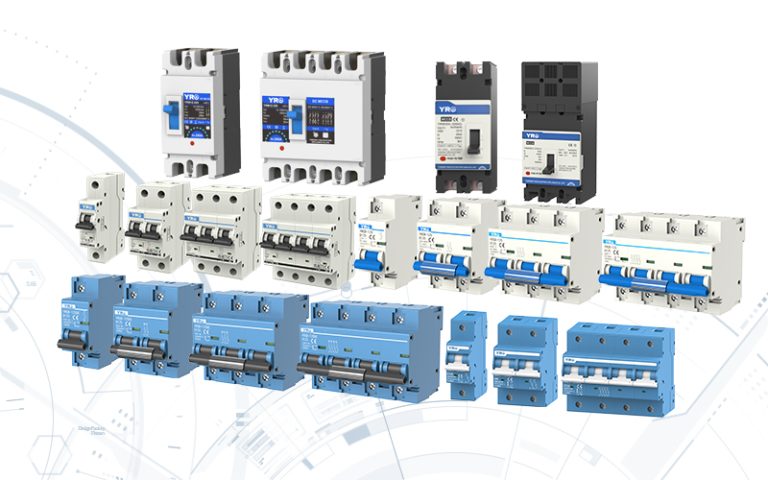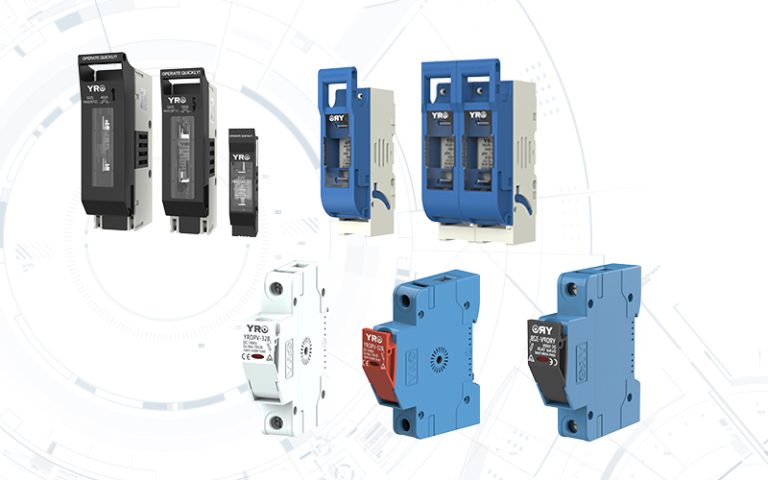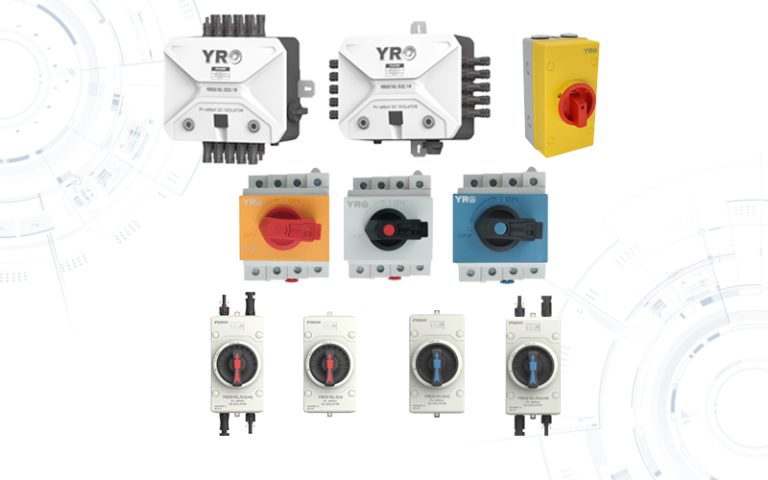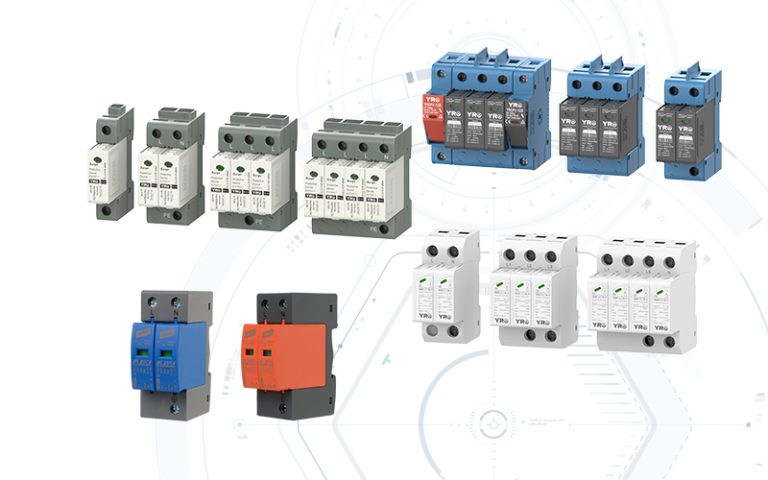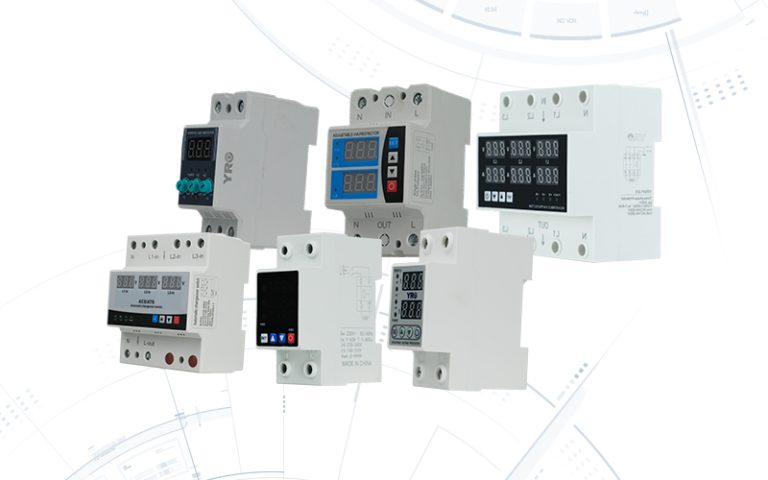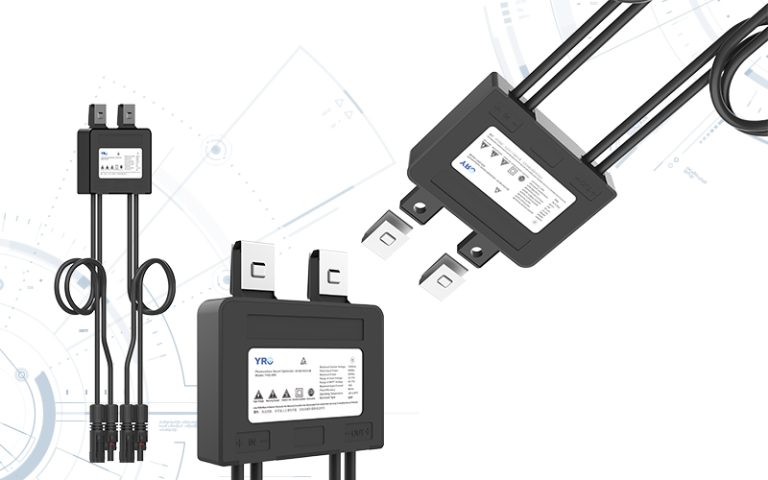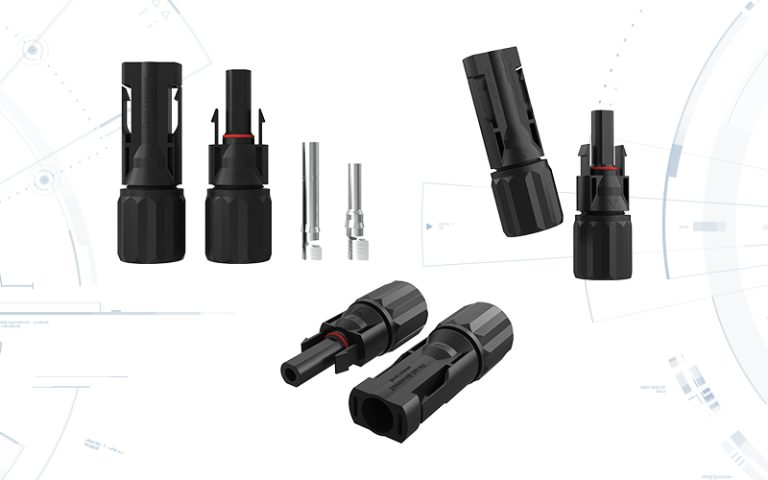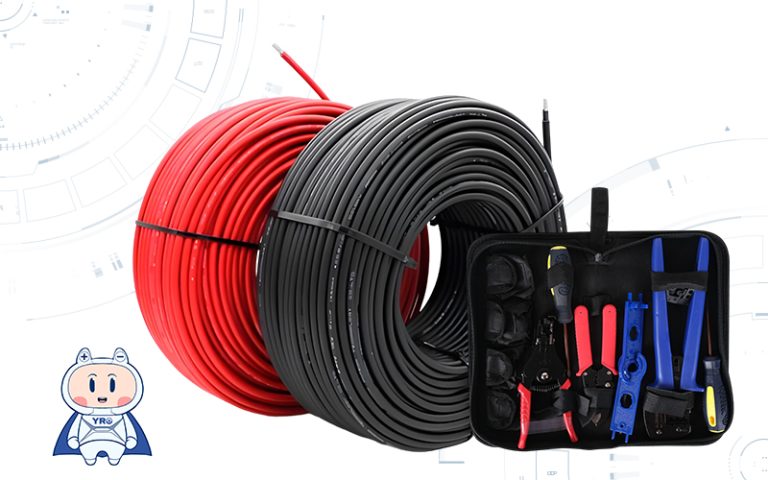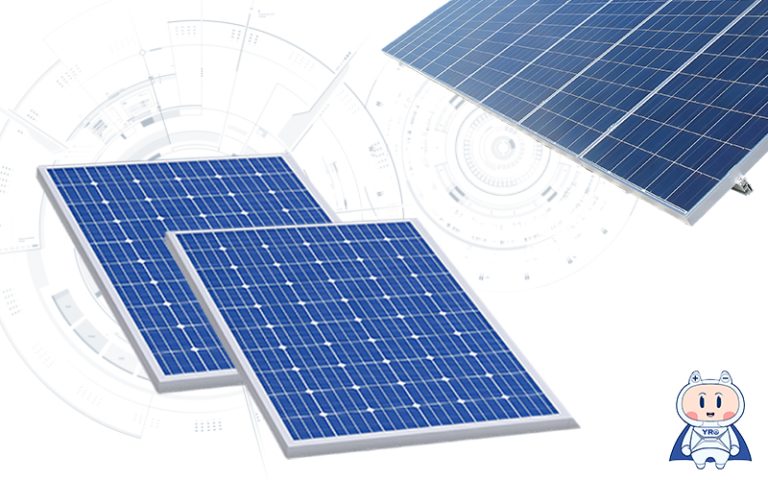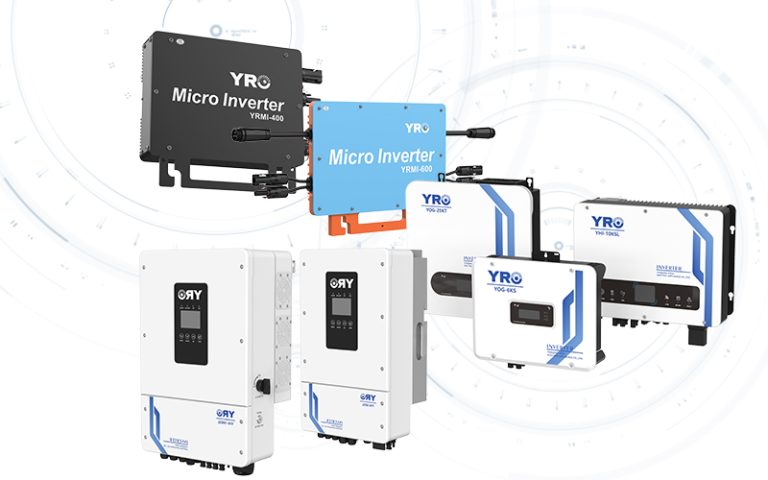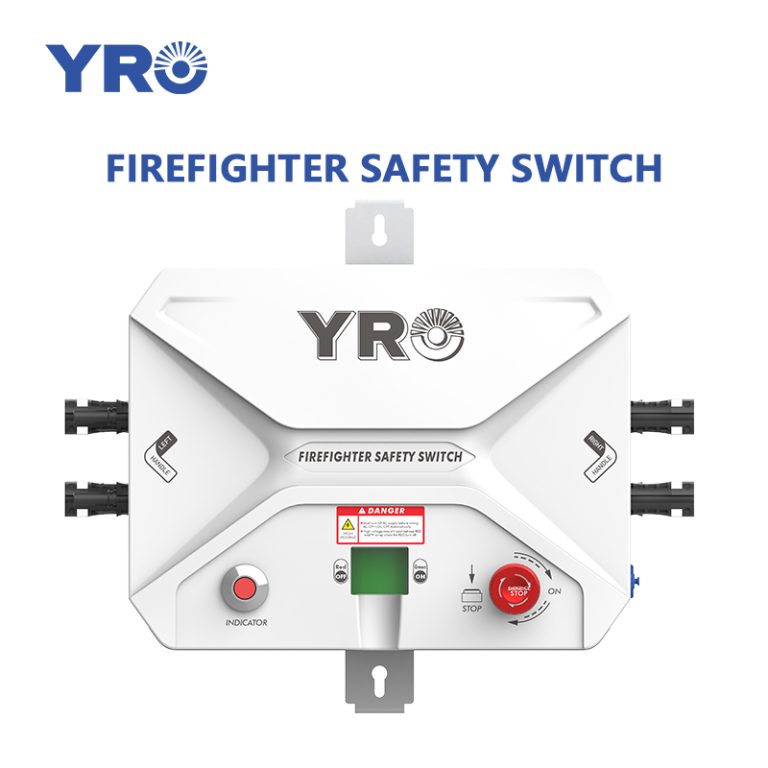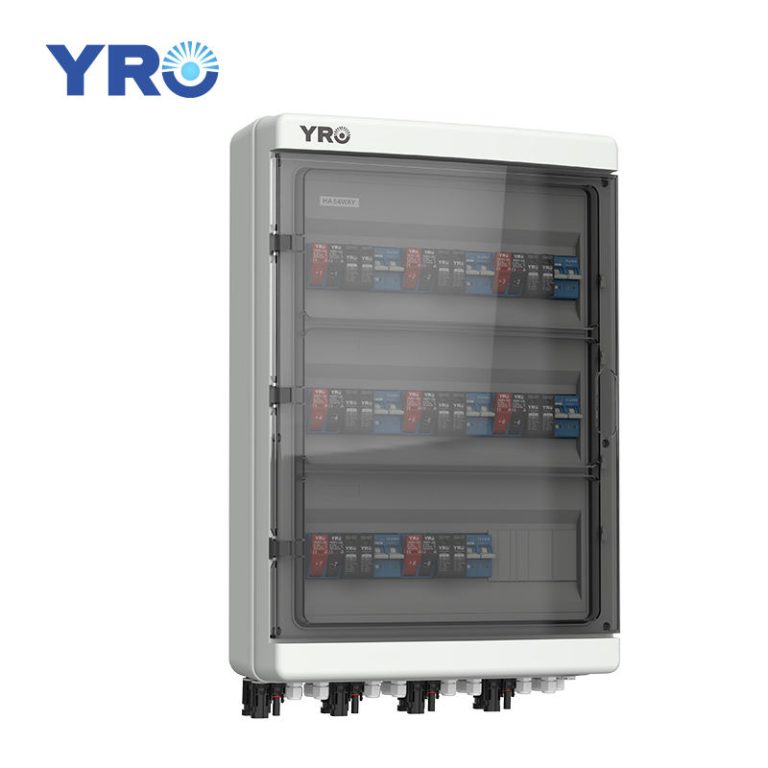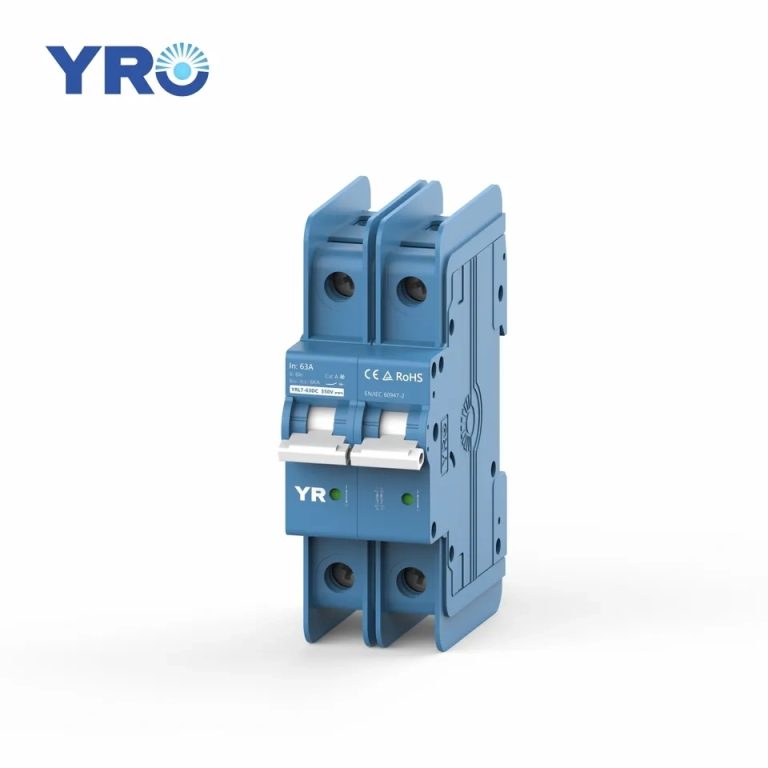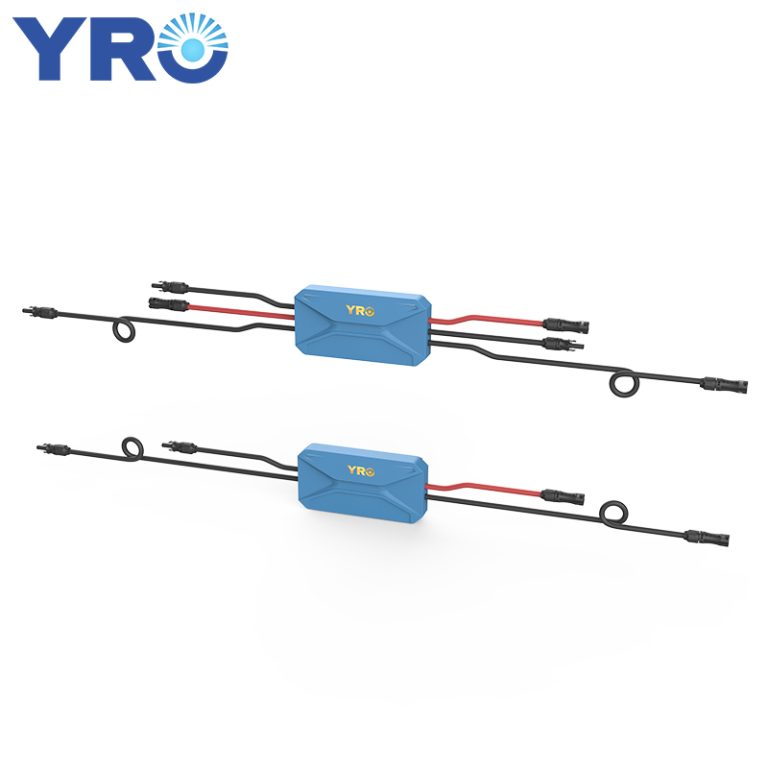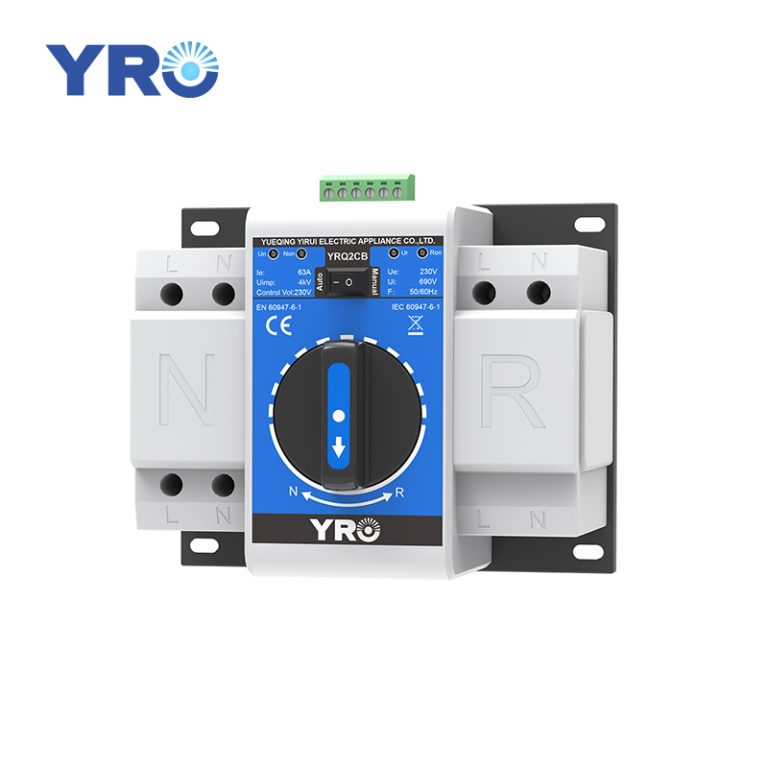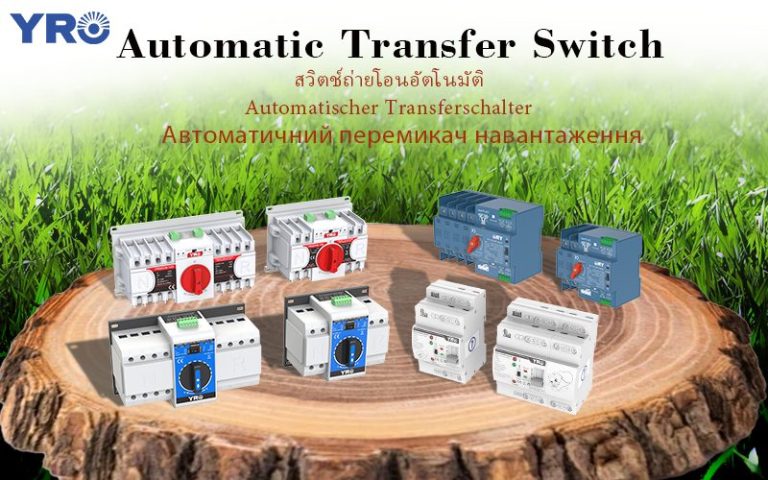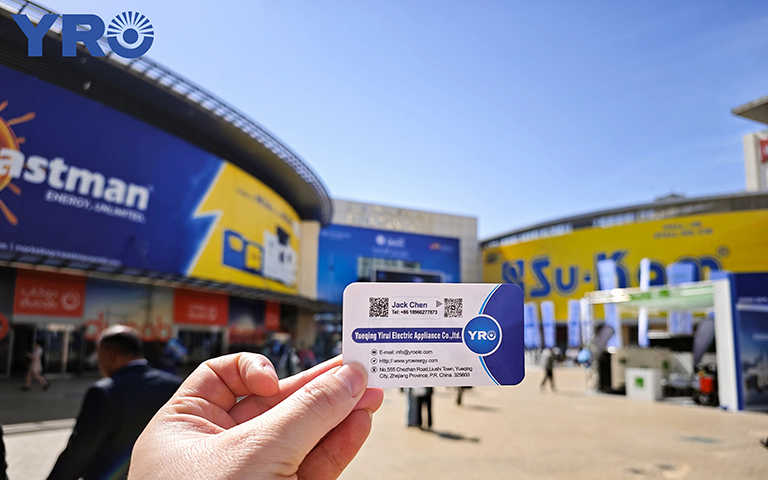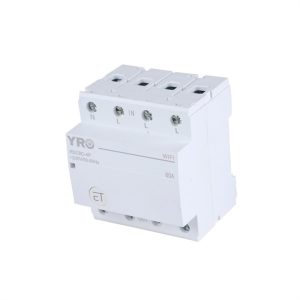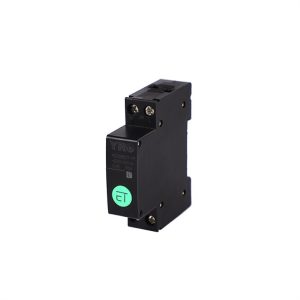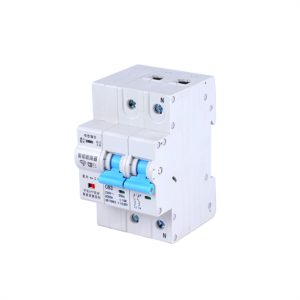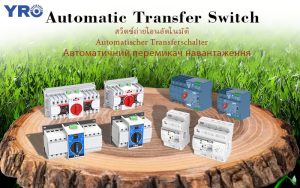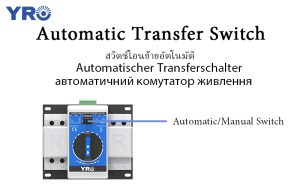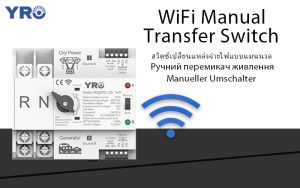Rapid shutdown is a safety device used in solar systems to quickly cut off power to solar panels in the event of a fire or other emergency. It is mainly used to prevent current leakage or electric spark caused by fire, so as to reduce the risk of fire spreading.
Solar panel fire switch is usually located on the DC side of the solar system, that is, between the solar panel and the inverter. It can be triggered by manual operation or an automated monitoring system. When a fire or other emergency is detected, the solar panel fire switch will quickly cut off the current transmission between the solar panel and the inverter.
The quick turn-off of the solar panel fire switch is one of the important measures for the safety of the solar system, and it provides a reliable way to cut off the power of the solar panel to deal with fire or other emergency situations.
There are several types of RSDs available, including module-level RSDs and string-level RSDs. Module-level RSDs are installed at the individual solar panel level, while string-level RSDs are installed at the string or circuit level. Both types of RSDs can quickly and safely shut down a solar power system in the event of an emergency, and can be configured to meet the specific needs of the system and its environment.
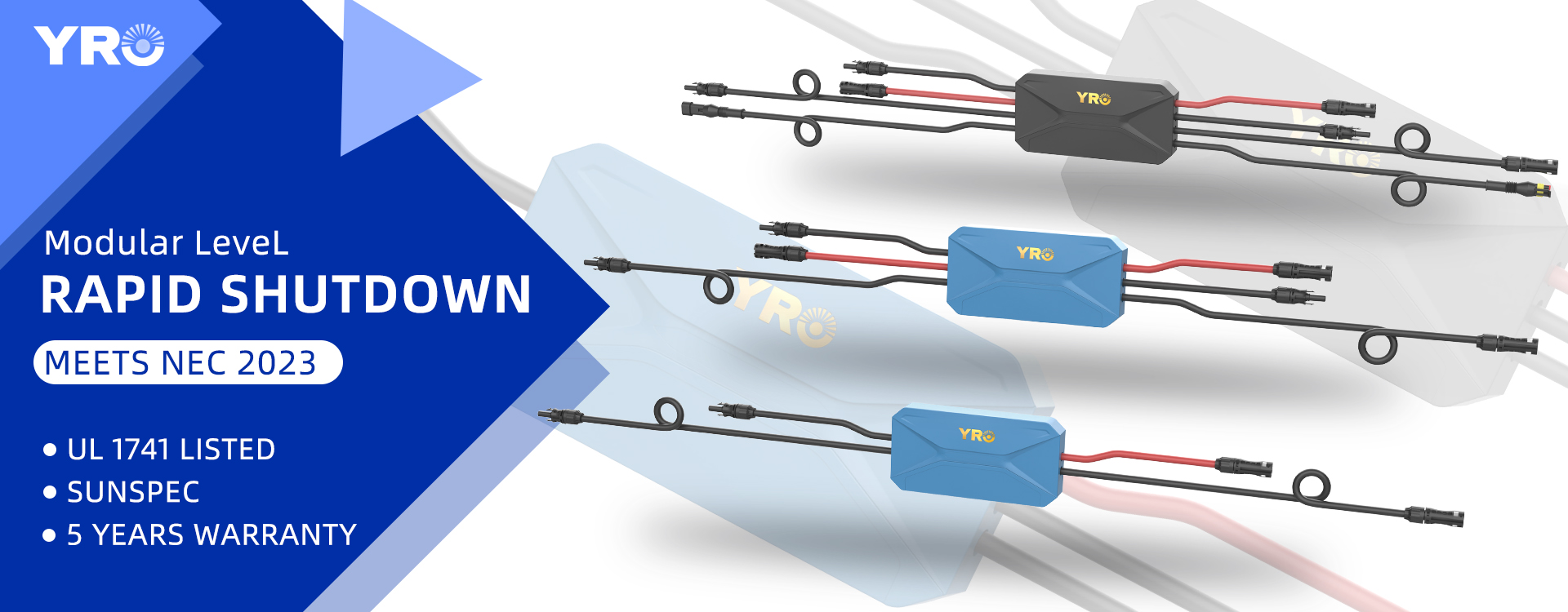
Why do we need to turn off solar panels quickly?
The rapid shutdown of the solar panel is to protect the solar system and ensure safety.
Here are some practical situations that may require a quick shutdown of solar panels.
1. In case of emergency:
For example, when the weather changes suddenly, such as severe weather conditions such as storms and lightning, it is necessary to quickly turn off the solar panels to avoid damage.
2. Maintenance and inspection:
During maintenance, inspection and cleaning of the solar system, the solar panels need to be turned off to ensure the safety of the operators. When cleaning the surface of the solar panel, it can avoid being shocked by the current.
Rapid shutdown of solar panels can avoid potential risks and losses, and ensure the uptime and reliability of solar energy systems. When encountering the above situations, turning off the solar panels in time will be an important safety measure.

